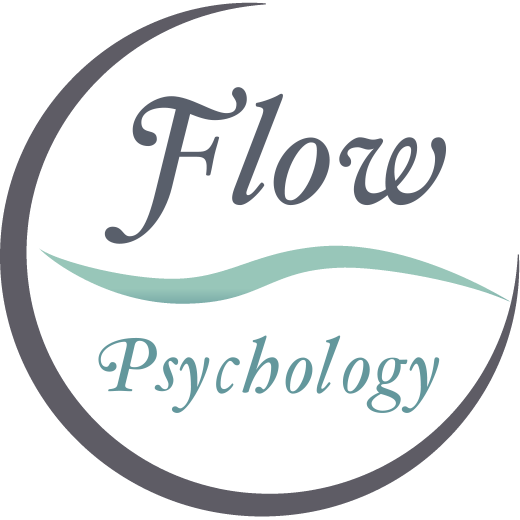Our beliefs are our thoughts that we trusted to be true.
Beliefs are the foundation upon which we build our lives. They shape our thoughts, emotions, and actions, and guide us in our interactions with the world. We all hold beliefs about ourselves, others, and the world around us, and these beliefs are formed through a complex interplay of personal experiences, social influences, and cognitive processes.
At their core, beliefs are simply thoughts that we have come to trust as true. They may be based on personal experiences, cultural or religious teachings, scientific evidence, or any number of other sources of information. However, what distinguishes beliefs from other forms of knowledge is that they are subjective in nature. They are shaped by our individual perspectives, biases, and interpretations, and are therefore deeply personal.
Beliefs can be both empowering and limiting.
They can inspire us to strive for our dreams and give us a sense of purpose and meaning in life. However, they can also hold us back, preventing us from exploring new possibilities or pursuing paths that may challenge our preconceived notions of the world.
One of the most significant challenges we face in life is the process of examining our beliefs and determining whether they are serving us well. This process requires us to be honest with ourselves and to confront any biases or assumptions that may be limiting our potential. It also requires us to be open-minded and willing to consider alternative perspectives and ideas.
Our personal experiences
One of the key factors that influence our beliefs is our personal experiences. Our experiences shape the way we see the world and can create powerful emotional connections to certain ideas and beliefs. For example, a person who has experienced discrimination or injustice may hold strong beliefs about social justice and equality, while someone who has had positive experiences with authority figures may hold beliefs about the importance of respecting authority.
However, it is important to recognize that our personal experiences are not always reliable sources of information. We may have misinterpreted events or drawn incorrect conclusions based on limited information or biased perspectives. It is therefore essential to approach our beliefs with a critical eye and to be willing to challenge them when necessary.
Our social environment
Another factor that shapes our beliefs is our social environment. We are all influenced by the attitudes and beliefs of those around us, whether consciously or unconsciously. Our family, friends, and community all play a role in shaping our worldview and can reinforce or challenge our existing beliefs.
It is also important to recognize that social influence is not always a positive force. We may be influenced by societal norms or cultural values that are outdated or harmful, and we may need to challenge these beliefs in order to create a more just and equitable society. Additionally, social influence can lead to groupthink and the suppression of dissenting opinions, preventing us from considering alternative perspectives and ideas.
How do we make sense of thoughts?
Cognitive processes also play a role in shaping our beliefs. Our brains are wired to seek out patterns and connections in the world around us, and we use these patterns to make sense of our experiences. However, this can also lead to cognitive biases, such as confirmation bias or the tendency to seek out information that confirms our existing beliefs while ignoring evidence that contradicts them.
It is therefore essential to approach our beliefs critically and be willing to challenge them when necessary. This may involve seeking out alternative perspectives, examining the evidence for and against our beliefs, and being open to changing our minds when new information becomes available.
In order to examine our beliefs, we must first identify them. This may involve reflecting on our thoughts and feelings, examining the assumptions we make about the world, and considering how our beliefs shape our behaviours and interactions with others. Once we have identified our beliefs, we can begin to evaluate them and determine whether they are serving us well.
To evaluate our beliefs, we can ask ourselves a series of questions, such as:
Where did this belief come from?
What evidence supports the negative thoughts we have.
Our negative thoughts are strong in us
We must remember our brain is a product of evolution. Our hunter-gather forefathers and mothers’ brains adopted a negative bias for survival. We are mainly sitting here to tell the story of our family’s survival because the negative bias in them was strong. It is the carrot and stick. If they saw a carrot and thought they heard something in the bush beside it, they knew they could survive another day without the carrot. They also knew that it only took one smack of the stick and it could be all over.
So today we walk around with the same antennae on our heads looking for the bad stuff over the good stuff because the negative bias is also strong with us. We pay a lot more attention to our automatic negative thoughts and if not checked we will trust them to be true. Thoughts you trusted from thinking, to feeling, to knowing and believing this is who we are, Which is mainly not who we are.
Our thoughts have consequences, because what does a belief always become, yes it becomes a certainty and when we become certain in these beliefs it becomes hard to change us.



